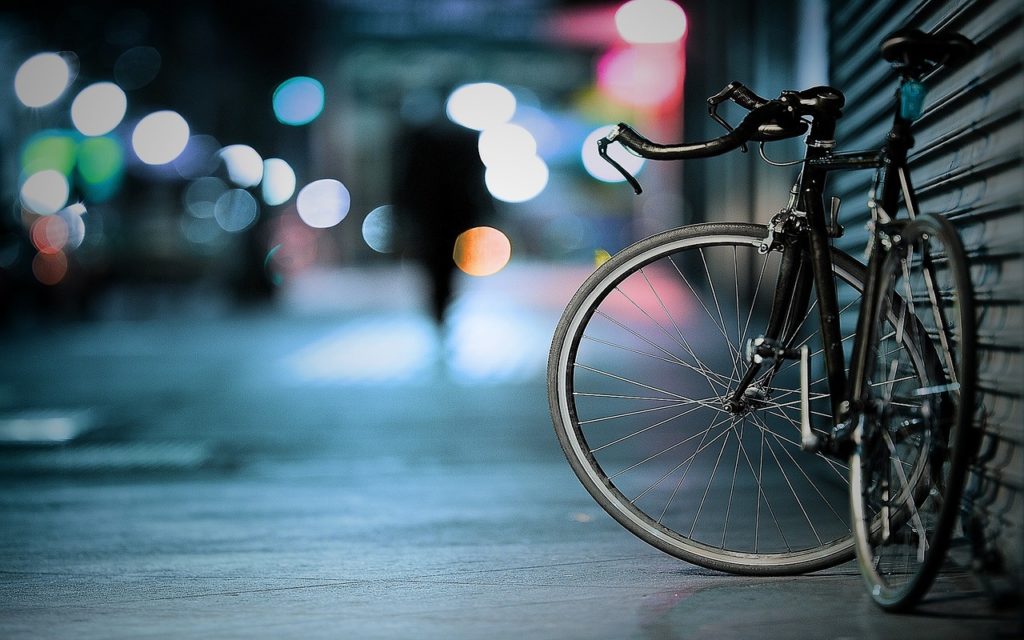The Brussels-Capital Region wants to improve the mobility of vulnerable people and is doubling the budget for social bicycle leasing, announced the cabinet of Mobility Minister Elke Van den Brandt last weekend.
More than half of Brussels households do not have a car, which is why the Brussels Government is investing in alternatives, such as public transport and bicycle infrastructure. But more is needed to get underprivileged Brussels residents on their bikes.
"The pilot project was a success. We want to expand it and remove all obstacles, such as the purchase, or the fear of driving around in traffic," Van den Brandt said in a press release.
Vervoersarmoede is een reëel probleem. We breiden het succesvolle sociale fietsleasingproject uit, zodat meer kwetsbare groepen hulp krijgen bij de aankoop van een fiets en het leren fietsen in Bxl. Zo wordt de ? aantrekkelijker voor een diverser publiek.???#brusselverandert https://t.co/7OAcDtdZoW
— Elke Van den Brandt (@elkevdbrandt) December 11, 2021
A sum of €400,000 has now been earmarked for the project.
The project aims to make the cycling public more diverse, and to remove barriers to using the bicycle as an alternative to the car. "This requires a tailor-made approach, and the cooperation between cycling and poverty organisations guarantees that."
As part of the exit strategy from the coronavirus crisis in 2020, a pilot project was launched to make cycling more accessible: Brussels invested in 40 kilometres of extra cycling paths.
Related News
- New schedule for Belgian trains from today: what changes?
- Eight new cycling projects for Brussels
- How a clever cycling network brings cyclists to Flanders
To allow vulnerable groups to benefit from the possibilities offered by the bicycle, Brussels Mobility also organised a collaboration between three Brussels-based non-profit organisations for cyclists: Cyclo, Pro Vélo and Ateliers de la rue Voot, and 24 Brussels organisations worked with vulnerable groups, such as integration centres, neighbourhood health centres, literacy centres, emancipation centres and public social welfare centres.
'An efficient means of emancipation'
The cost of this project was €266,000 and a total of 400 bicycles were made available to the organisations: 80% of the participants continued cycling afterwards, according to Van den Brandt's office.
This project – part of the regional GoodMove mobility plan – is now being expanded and refined and is being given a larger budget. With the €440,000 now made available, the support will be reinforced and made even more tailor-made.
Specifically, it involves more tailor-made training, longer guidance in daily use, and strengthening of the Brussels partner organisations, so that in three years' time they will be able to offer these services independently. Two new bike shops will also be opened, where participants can get cycling equipment.
Cycling is "an efficient means of emancipation," Van den Brandt concluded: "it is cheap, enables fast travel, offers independence for journeys to work, a training centre or to maintain social contacts and at the same time ensures better health."

